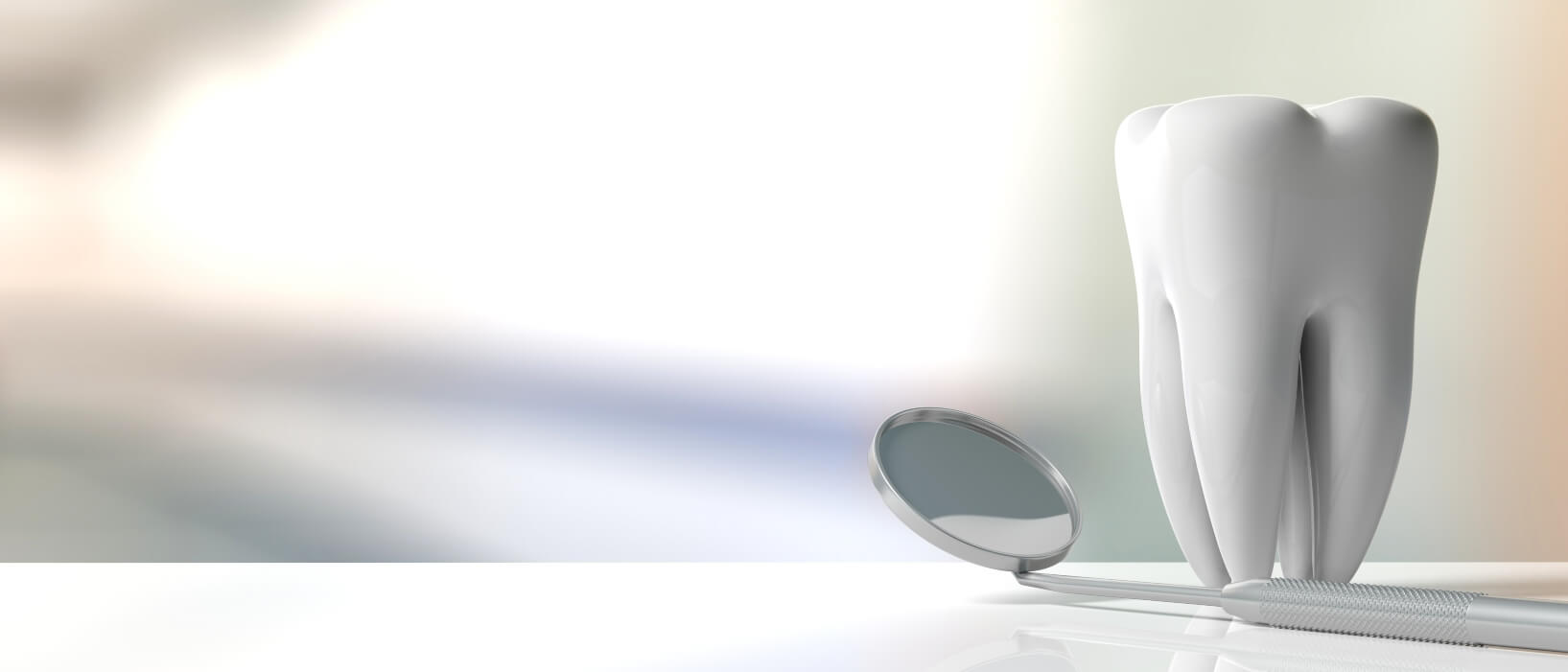Did you know that your mouth is one of the most important parts of your body? It’s used for very important things like eating, speaking and smiling. Inside your mouth there is one section in particular that helps you do all of this. *Hint: Adults have 32 and children only have 20.
That’s right, we are talking about your teeth, and the more you understand your them, the better equipped you are to take care of them.
Anantomy of A Tooth
The tooth is actually made up of 4 different pieces
- Enamel—a hard protective coat on the outside
- Dentin—the 2nd layer below enamel and not quite as hard
- Cementum—softer tissue covering the root of the tooth)
- Pulp—the center of the tooth where you find the blood vessels and nerves
Have a look at the teeth in your mouth, and you’ll notice there are several different shapes and sizes:
- Incisors (the front and center teeth, 4 on top and 4 on bottom) used to take bites of food
- Canine (a.k.a. Eye teeth) are the sharpest teeth used to tear your food apart
- Premolars, molars and third molars are the remainder of the teeth in the mouth, used to chew and grind food. Their surfaces are bumpy with lots of grooves which are problem areas where food can get stuck
Hundreds of years past, our ancient ancestors ate berries, seeds,nuts and vegetables, so our molars were perfect for these types of foods.
In today’s times with many processed foods like carbohydrates and sugars, we have greater problems of such foods sticking to the bumpy surface. This is one reason why brushing is so important.
The Importance of the Tongue
In addition to the teeth, the tongue is also an important part of the mouth. The tongue helps to move some of the food from our teeth It also moves food around the mouth till it is the correct consistency to be swallowed.
Some conditions such as tongue-tied restrict your tongue’s range of motion, leading to digestive problems.
Food Chewing and Digestion
Your teeth have a vital job in the mouth to chew your food to a consistency that will enable proper digestion. When your teeth don’t meet together properly or there is a bad bite in the mouth, this can cause difficulty processing food.
When this happens, then large pieces of unchewed food remain in the stomach for longer periods of time. This can lead to constipation-based disorders, when our body cannot absorb the foods we are eating due to the condition they are in when they reach our stomach. Heartburn and indigestion are common, painful examples.
Insuring your food is chewed thoroughly helps to keep your digestive system working efficiently. Your dentist can show you how to take proper care of your teeth so they will last you a lifetime - and that’s something to chew on!
For further information, visit us at www.deltadentalnj.com
For additional tips and information, check out Dental Central our oral health and wellness site at
- Facebook.com/deltadentalnj
- Twitter: @deltadentalNJ
- LinkedIn: linkedin.com/company/deltadentalnj


